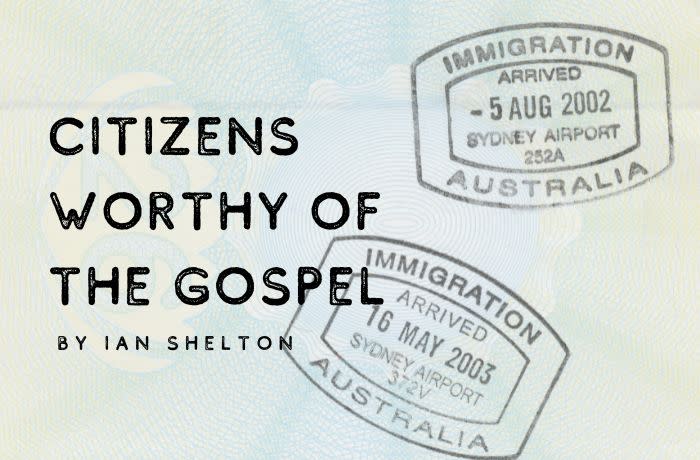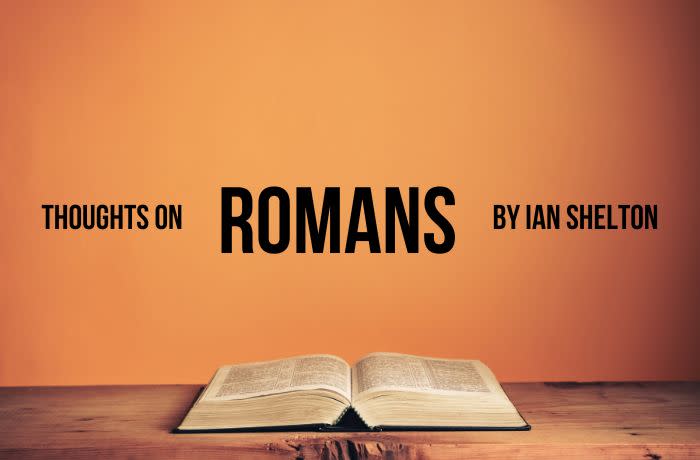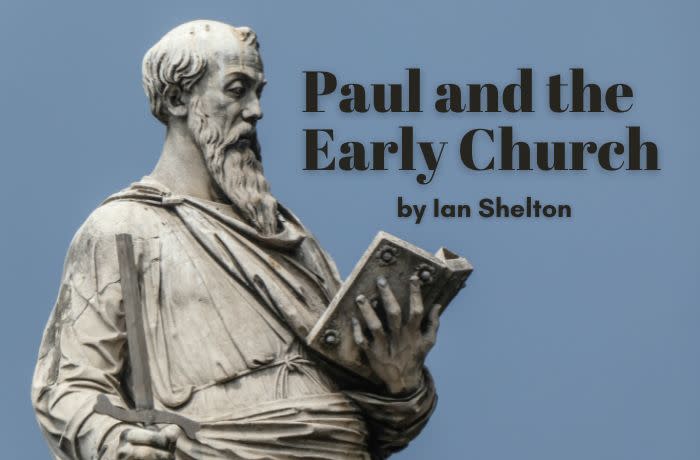Download our vision book
By Ian Shelton Movement Australia Coordinator
It would seem from Genesis 1-12 that God’s vision to populate the earth with temple cities where He would dwell and rule a blessed earth through humanity had ended in the failure of Babel-Babylon. A self centred, violent, unjust humanity was now scattered in judgement to the four corners of the world.
But that was far from the end of the matter. This failure of humanity marked a new beginning for God’s purposes on the earth. God began this divine reset by calling a man and his family out of the Babylonian city of Ur to begin the long and exciting redemptive journey that would finally be unveiled in its fullness in Christ.
Abram, to become Abraham, after living under this Babylonian spirit of violence, greed, lust and injustice was given an amazing vision of what Father God really intended for cities on earth. With nothing but a vision and a promise Abraham set off with this divine reset agenda on a journey which continues through the church to this day.
“By an act of faith, Abraham said yes to God's call to travel to an unknown place that would become his home. When he left he had no idea where he was going. By an act of faith he lived in the country promised him, lived as a stranger camping in tents. Isaac and Jacob did the same, living under the same promise. Abraham did it by keeping his eye on an unseen city with real, eternal foundations—the City designed and built by God.” (Hebrews 11:8-10 MSG)
This city is finally revealed on earth in its fullness in Revelation 21-22. The Bible unfolds the story of this city through its pages from Genesis 1 to Revelation 22.
Captivated and motivated by a God who designed and built an amazing city that somehow had relevance to this earth, Abram sets out renewed in the fact that he was blessed to be a blessing to the families and nations of the earth (Genesis 12:1-3).
This idea of being blessed to be a blessing became the underlying attitude of all those who forever after would be followers of God as Abram was. The Passion Translation in its preface to Genesis defines biblical blessing to “empower for abundant living in every sphere of life.” (P3, Genesis TPT)
The idea that the Father’s blessing contains divine empowerment to achieve and flourish in the area of God’s will and calling in life, could be added to the above.
Abram’s heavenly vision and calling was shown to centre around becoming a special people under God who in turn would possess and inherit a land, with its cities, in order to take those heavenly blessings to the Gentile nations (Genesis 12-13). This special people under Abraham were to be first of all a large extended family, a community where God would reside and preside.
See what The Passion Translation has to say in margin notes on Genesis 12:2, “God gave creative ability to Abram, not only to produce offspring, but applied creative ability to form lasting enterprises that would shape a nation. God gave the ability to create community to Abram and his seed.” The church today has Abram’s “spiritual DNA” to be community builders.
No sooner, after the blessing of his calling, Abram began his journey and found himself embroiled in intercity warfare involving nine cities led by their respective violent kings. From the ensuing battle Abraham and his little family emerged victorious only to find himself standing before a strange Gentile king called Melchizedek from an equally strange city called Salem or Peace (Genesis 14).
Melchizedek was not only a city king but also a priest of God Himself. He came with bread and wine and a blessing for Abram. In return Abram gave a tithe to this King who represented God himself (Genesis 14). This strange king is further mentioned in Ps 110 and Hebrews 5.
Was He a revelation of the pre incarnate Christ offering communion to Abram? In response to this divine appearance Abram freely gives a tenth of all his battle spoils to Melchizedek. Was this The Bible's first account of communion and tithing?
These few verses are a power packed revelation of God (Genesis 14:18-20). God is revealed as the creator and possessor of heaven and earth and also the One who delivered the enemies into the hands of Abram in battle. God is revealed as creator, redeemer and deliverer. When it comes to the warfare that rages over the nations and cities of the earth, this revelation of God is central.
Yet in many ways Abram’s story was just getting launched. Abram had a vision, a calling and a promise but in the natural course of things, absolutely no ability to achieve anything that God had promised him. He faced impossible odds. In simple terms he was promised children as the means of achieving the promise of God. However he and Sarai were barren and old, way beyond child bearing age. Going forward for this couple was totally impossible. It would seem that the vision of a city would die with him. On a personal note a year or so ago I noticed a plaque in a Christian bookshop that brought this encouragement, “Impossible is God’s starting point.”
The realisation of the reality of his situation must have brought Abram to his knees in surrender and desperation before God. Humanly speaking he had come to the end of himself with no ability to go forward in God’s purposes.
At the very time humans find themselves forced to face the reality of insurmountable obstacles, God steps in. The word of the Lord came to Abram, not once, but twice (Genesis 15:1-8).
The first word from God promised protection and reward for Abram in light of the intercity warfare he had just experienced, as recorded in chapter 14. Warfare over the cities of the earth is a constant theme in The Bible. No city will be “won” without confronting an enemy who constantly seeks to steal, kill and destroy lives, resulting in the breakdown of community in city life.
The second word from the Lord promised Abram an heir and a land. The heir would be the means to produce descendants too numerous to count. Christians today who embrace the faith of Abram which is found in Christ, are counted in that number (Galatians 3:7). This second word from the Lord goes on to declare that God intended to give a land to Abram and his descendants to possess (Genesis 15:7).
“Possess” is the word for “inheritance” but also a warfare word. In other words while God promises an inheritance as a gift, the enemy currently possesses this gift and needs to be dislodged by warfare. (See Theological WordBook of the Old Testament, p.920 for further explanation on heir, inheritance, and possession)
Abram then asks God how he will know that he can possess the land, ie., drive out the seemingly powerful enemy who currently possesses the land that Abram and his descendants were meant to inherit (Genesis 15:8).
The simple answer from God was that he would know because of covenant (Genesis 15:18-21). Covenant became central in all God’s dealing with His people and is still the case today. The new covenant in Christ is the fulfilment of all prior covenants and the guarantee of inheritance and victory.
How does the church know today that it is guaranteed victory in driving out the darkness in cities through the gospel? Because of covenant, because the church of the city celebrates the work of Christ on the cross at the one table of the Lord.
The early church took this covenantal table to the cities of the empire confronting darkness and declaring the gospel that the crucified Christ was now king in every place. Great news indeed in a terrible time of oppression and injustice (Acts 2:41-47). This shared covenant guarantees victory over the enemy, and the ever increasing reign of Jesus through His people in every city and town. Every city needs to be fought for. Darkness currently prevails but the light of the gospel will triumph in the hands of the church militant.



